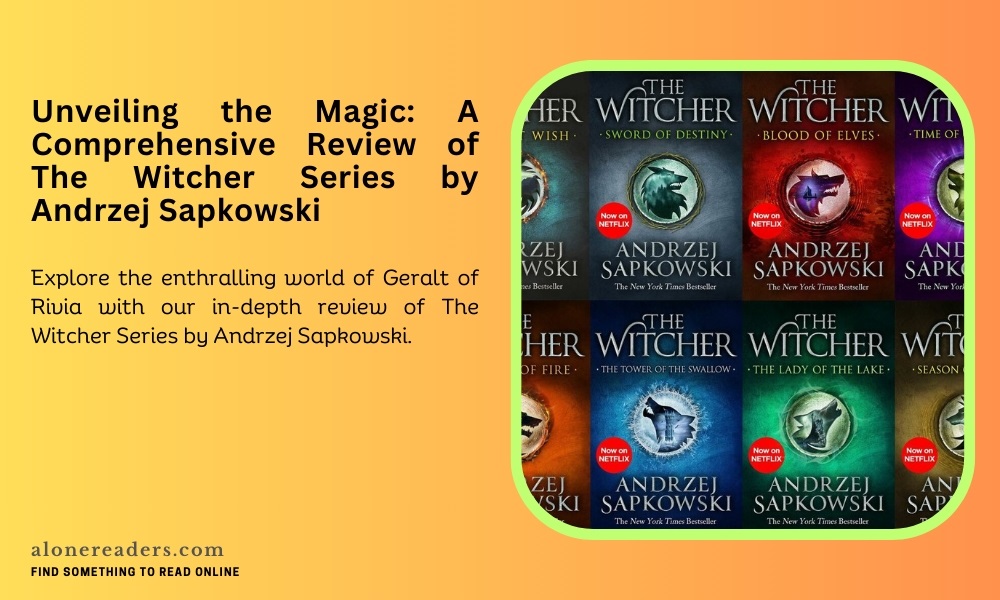
Andrzej Sapkowski's "The Witcher" series has carved out a prominent niche in the landscape of modern fantasy literature, bringing to life a world rich in Slavic mythology and hard-hitting philosophical dilemmas. Spanning eight books, including five novels and three collections of short stories, the series begins with "The Last Wish" and concludes with "Season of Storms," circling back to some of the earlier events in the saga. The narrative follows the life and tribulations of Geralt of Rivia, a Witcher - a monster hunter who has undergone extensive training and mystical modifications from a young age to battle the deadly beasts that plague his world.
At the heart of The Witcher series is the enigmatic character, Geralt, whose moral ambiguity and philosophical musings provide a compelling central thread through the books. Geralt’s world is one where the line between good and evil is blurred, and the choices facing the protagonist often fall into morally gray areas. This complexity makes the character relatable and his journey, a reflection on the values and decisions that define humanity.
The narrative structure of The Witcher series is intricate, weaving together multiple timelines and a wide array of characters. The series’ world-building is expansive, drawing on a diverse palette of influences ranging from European folklore to contemporary social and ethical questions. Sapkowski skillfully balances the fantastical elements with a gritty realism, never shying away from the darker aspects of fairy tales and legends.
The series is not just about monster hunting; it delves deep into themes of destiny, the impact of war, the nature of love, and the quest for personal identity. One of the more striking aspects of Sapkowski's series is its exploration of the consequences of one's choices, a theme that resonates throughout the books through the Law of Surprise, which binds characters in unexpected ways.
"The Witcher" series is also notable for its compelling secondary characters, such as Yennefer of Vengerberg, a powerful sorceress and Geralt’s love interest, and Ciri, the Child of Destiny, who has her own dark and intricate storyline. These characters enhance the depth and complexity of the narrative, providing different perspectives and enriching the storyline.
Sapkowski’s writing style is distinctive, characterized by sharp dialogue, a keen sense of irony, and a penchant for subverting traditional fantasy tropes. His narrative can oscillate between profound philosophical discussions and intense action sequences, making it a dynamic read. The author's use of Slavic mythology adds a unique flavor to the fantasy genre, setting it apart from other works by incorporating lesser-known myths and creatures.
Critical reception of The Witcher series has been largely positive, with praise focusing on its innovative approach to genre conventions and its philosophical underpinnings. However, it has not been without its critics, some of whom find the non-linear storytelling and large cast of characters challenging to follow. Despite this, the series has garnered a massive following, further expanded by the successful video game adaptations and the Netflix television series, which introduced Sapkowski's creation to an even wider audience.
In conclusion, "The Witcher" series by Andrzej Sapkowski is a profound contribution to the fantasy genre, offering readers a rich tapestry of narrative depth, complex characters, and philosophical questions. Its blend of traditional mythological elements with a modern examination of moral and social issues makes it a standout series that both entertains and provokes thought. For anyone looking for a fantasy series that offers more than just escapism, "The Witcher" is a compelling choice that challenges conventions and explores the complexities of human nature and morality.